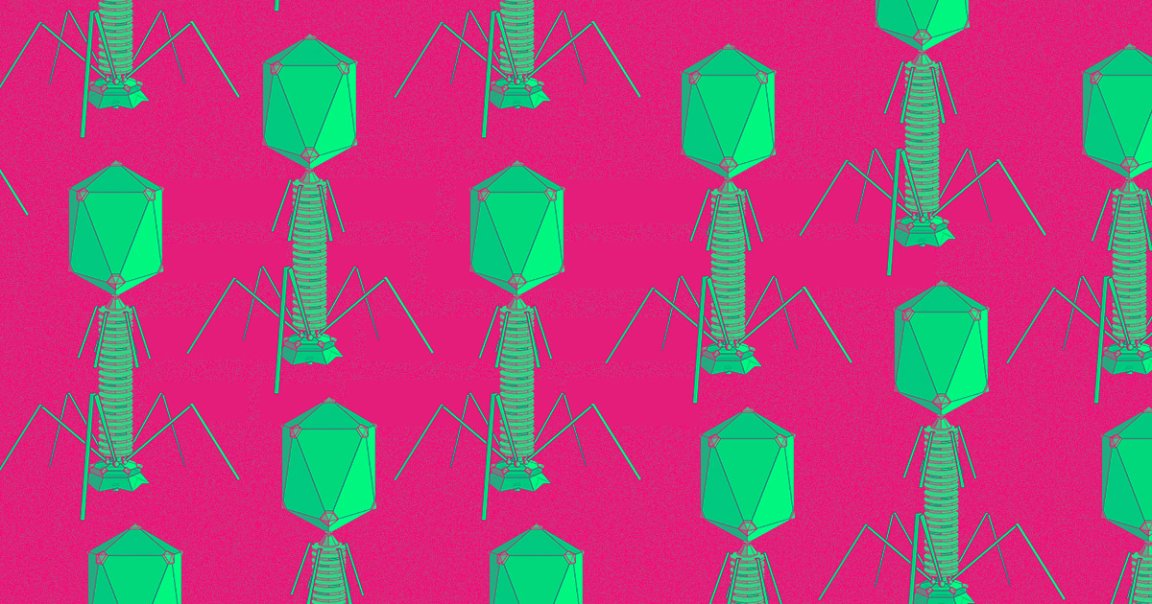
Virus Builders
Over the past decade, MIT bioengineering professor Angela Belcher has been working on a battery-building technology that works by conscripting millions of zombie viruses to repeat a simple task, Wired reports.
Belcher first manipulates genetically engineered bacteriophages to infect a bacterium, thereby creating millions of copies of themselves — and coercing them into creating a usable material in the process, such as a thin cobalt oxide nanowire that could later be used inside a battery electrode, according to Wired.
Going Green
Experts told Wired that the technique could eventually be used to extend a battery’s charge and discharge rate by forcing the millions of viruses to create a highly ordered electrode structure, with shortcuts for ions moving through electrodes.
“Something my lab is completely focused on now is trying to get the cleanest technology,” Belcher told the magazine.
Scaling Up
It will likely be a while until we see the technology make it to market. Scaling up the tech to a point where it can compete with conventional batteries is proving extremely difficult.
“In a battery production facility they use tons of material, so getting to that level with biological molecules is not very easy,” Konstantinos Gerasopoulos, a senior research scientist at Johns Hopkins Applied Physics Laboratory, told Wired.
Currently, Belcher is working on an entirely different application: creating tumor-hunting nanoparticles that are designed to treat cancer patients.
READ MORE: The Next Generation of Batteries Could Be Built by Viruses [Wired]
More on batteries: New Battery Tech Could Double Electric Car Driving Range